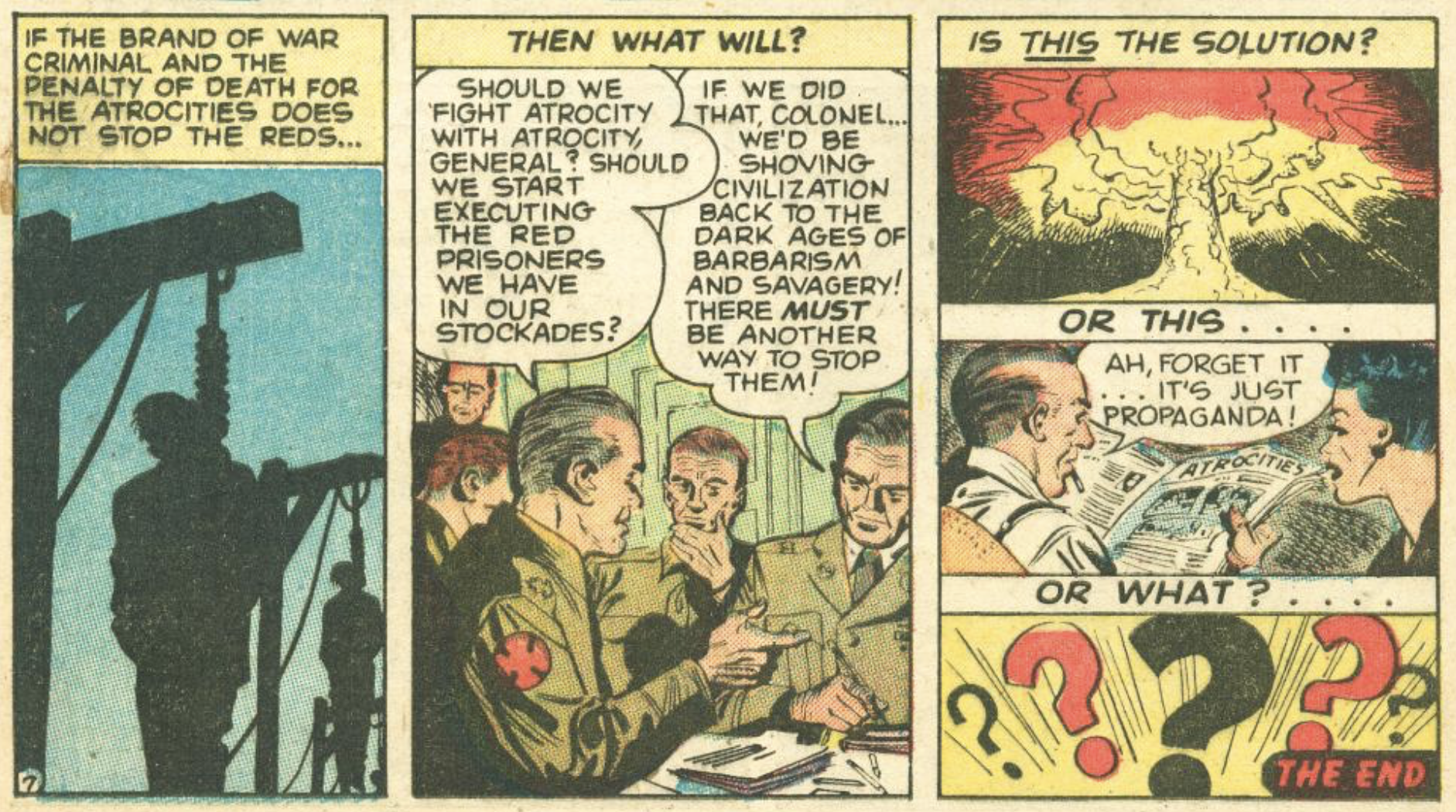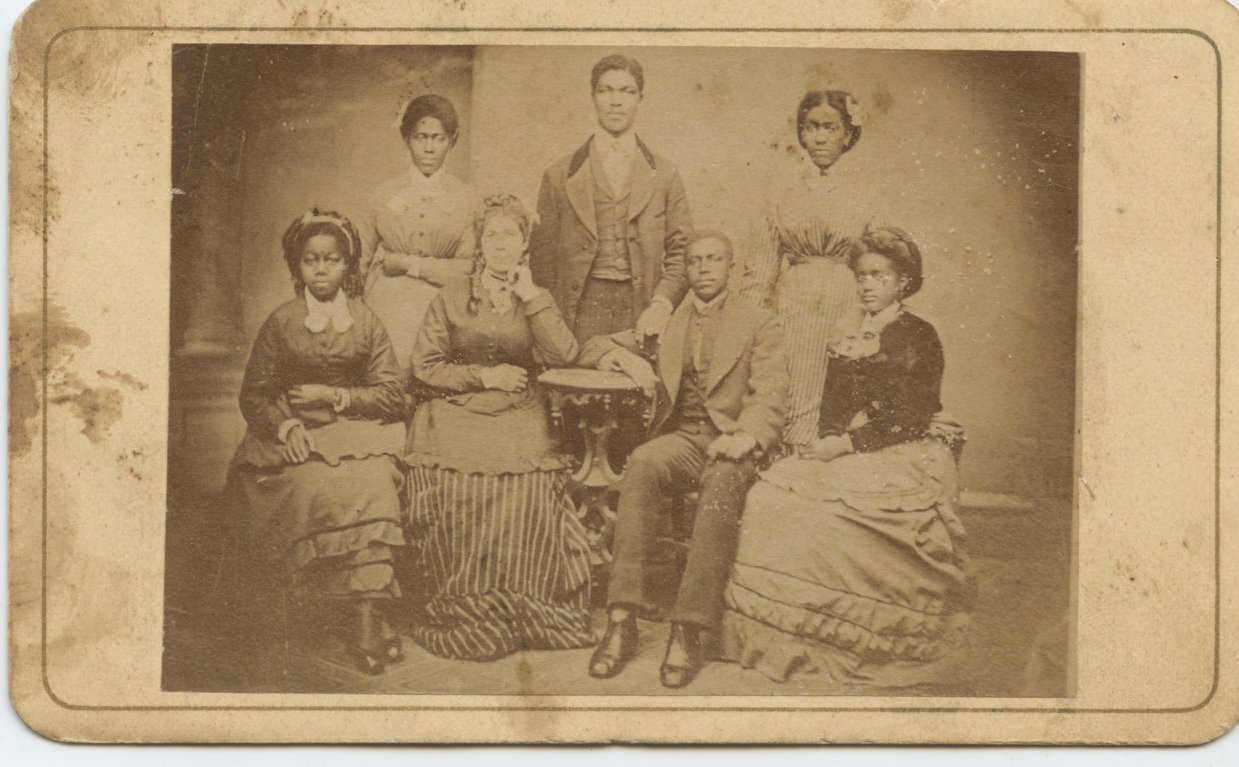When your job involves reviewing classified material or managing physical documents, a great deal of creativity and flexibility is required to “pivot to digital.” The COVID-19 pandemic forced many federal government employees who work on historical projects or in archives to work from home. Although these professionals continued much of their work, some projects had to be placed on hold until a safe return to the archive—for archivists, historians, and other employees—is possible. The 2020 report of the Advisory Committee on Historical Diplomatic Documentation (HAC) documents the progress made by the Office of the Historian (OH) of the State Department under these challenging circumstances.

The HAC is optimistic that FRUS will benefit from reforms at the Department of Defense designed to speed up document declassification. Tayeb Mezahdia/Pixabay
The HAC is made up of nine members, including representatives from six professional organizations and three at-large members. The HAC oversees two important State Department mandates: the OH’s efforts preparing and publishing the Foreign Relations of the United States (FRUS) series, and the declassification and release of department records. Progress on both mandates was severely hampered by the pandemic, but the HAC’s 2020 report praises the “industry and resourcefulness” of the OH historians. The report also commends the employees of the State Department’s Office of Information Programs and Services (IPS) and the National Archives and Records Administration (NARA), both involved in records declassification, “for their achievements under such difficult circumstances.”
The FRUS series, which celebrated its 160th anniversary this year, provides the official documentary record of major US foreign policy decisions. FRUS production is bound to the pace of document declassification by various agencies that hold “equity,” or interest, in relevant documents. OH historians locate and evaluate foreign policy documents, deciding which records merit inclusion in a FRUS volume and declassification review by relevant agencies.
To meet the declassification requirements of State Department documents set forth by the Foreign Relations Statute, the OH must publish “a ‘thorough, accurate, and reliable’ documentary record of US foreign relations no later than 30 years after the events that they document.” The OH’s goal is to publish eight volumes in the FRUS series per year. In 2020, as in 2019, the OH published only two volumes, along with an online publication, “War, Neutrality, and Humanitarian Relief: The Expansion of U.S. Diplomatic Activity during the Great War, 1914–1917,” which chronicles “on-the-ground” operations during World War I.
FRUS production is bound to the pace of document declassification by various agencies.
The pandemic will continue to impact the FRUS publishing schedule in the immediate future. Looking ahead, the 2020 HAC report explains, “The consequences of compilers’ inability to access classified documents in 2020 and slowdowns in the interagency process will become manifest in subsequent years. To mitigate those consequences, OH historians have done everything they could when working remotely to lay the essential foundations for future volumes.” The pandemic has also slowed or completely halted the interagency review of completed volume manuscripts.
But the FRUS series had been plagued by delays for years, primarily due to slowdowns caused by the Department of Defense (DoD). The 2018 and 2019 HAC reports both criticized DoD for “egregiously” violating the deadlines set out by the Foreign Relations Statute for review of FRUS volumes. The 2019 report declared, “OH’s inability to publish more than two volumes in 2019 can be attributed largely if not exclusively to DoD’s failure to provide timely and quality responses.” In contrast, the 2020 HAC report offers good news, encouraged by recent DoD reforms that are “tantamount to [DoD] establishing a dedicated and centralized FRUS coordination team for which both the HAC and OH had advocated.” Thanks to these changes, “The HAC is optimistic that the publication rate will benefit significantly in the future from the improvements in DoD’s review and declassification structure and processes.”
But these positive developments are tempered with the caution that, going forward, an increasingly large number of documents that the OH is statutorily obligated to locate and review contain sensitive information. According to OH historians Adam M. Howard and Kristin L. Ahlberg, the interagency process to review a single volume takes an average of three and a half years. The explosion of documents requiring review “all but assures some decrease in the annual rate of FRUS publication.”
The pandemic also “severely curtailed” the progress of the review and transfer of State Department records to NARA and their accessioning and processing. Shipments of classified records to the National Declassification Center have been completely halted during the pandemic and are not expected to resume until NARA reopens. As of this writing, NARA’s reopening timeline remains unclear, due to public health conditions related to COVID-19.
Despite the many challenges of the past year, historians and archivists have found creative and nimble ways to continue moving forward.
Despite working under extremely challenging circumstances, IPS and NARA staff achieved significant progress on many fronts. In 2020, IPS staff made strides processing Freedom of Information Act requests, publishing thousands of documents online. The HAC praised NARA’s textual reference staff, who “responded to inquiries, conducted processing and description work, created box and folder lists, prepared and submitted digitized files and metadata to upload into the National Archives Catalog, and performed as extensively as possible comparable operations that could be done while working remotely.”
The report also provides an update on the IPS’s progress in modernizing its records disposition schedules and “building a records-management system that fully complies with the joint Office of Management and Budget/NARA mandate (M-19-21) that all agencies transition to fully electronic record keeping by December 2022.” The 2020 HAC report recommends that the IPS and OH “formulate a process that allows for OH’s input into the development of records disposition schedules before they are submitted for NARA approval.” The HAC also recommends that “NARA and OMB delay the implementation of M-19-21 to take into account delays caused by the pandemic and ensure adequate funding is in place.”
The HAC’s own work also has been hampered by the pandemic. Unable to meet in person, the committee has been meeting virtually. The report notes that “this format did enable much greater public participation,” with over 100 members of the public tuning in. But virtual meetings deprived the HAC “of the classified briefings that are fundamental to its mission.”
As it has for so many workplaces, the pandemic has impeded the work of the State Department, the OH, NARA, and the HAC. But as the 2020 HAC report highlights, despite the many challenges of the past year, historians, archivists, and other employees have found creative and nimble ways to continue moving forward. Though challenges loom ahead, the future of the FRUS series and the associated records management remain in good hands.
The HAC’s 2020 report can be found on the AHA’s website.
This work is licensed under a Creative Commons Attribution-NonCommercial-NoDerivatives 4.0 International License. Attribution must provide author name, article title, Perspectives on History, date of publication, and a link to this page. This license applies only to the article, not to text or images used here by permission.



